What is a Good First Job? New Catch22Minutes Podcast
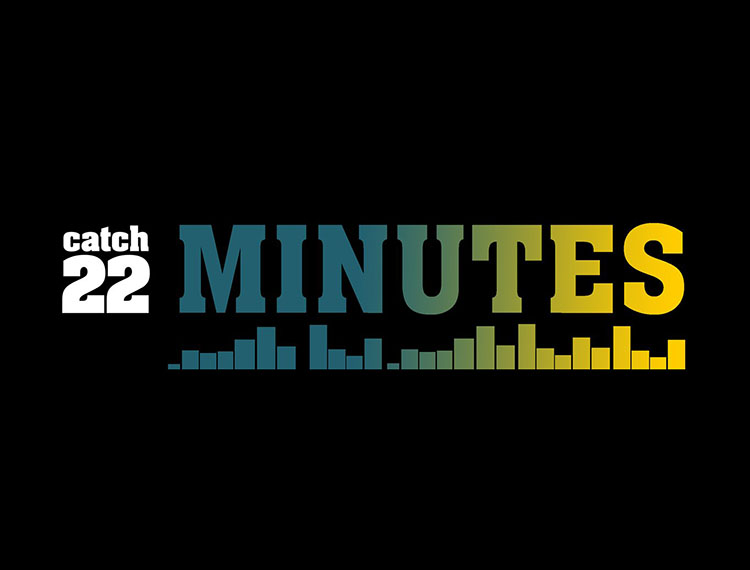
Catch22Minutes, the new podcast from charity @Catch22, is now into its third episode.
We discuss our first jobs, the difference between a ‘good’ first job and a ‘bad’ one, and how businesses can help young people thrive early in their careers.
But first – about the new podcast:
Catch22Minutes Podcast
In each episode of Catch22Minutes, we delve into some of today’s major social challenges, sharing case studies and inviting frontline experts, industry leaders and young people to speak – all in pursuit of reforming public services.
For the first series, hosted by Catch22’s Director of Communications Melissa Milner, we are focussing on youth employment.
We discuss how society can better prepare young people for today’s job market, and what businesses and government can do to open up future opportunities.
Our first two episodes looked at digital skills and tech-enabled jobs, and our second looked at the hospitality industry, reflecting on the Step22 programme, and how careers in the sector can be launched.
What is a Good First Job?
Too often, young people end up in low-paid, low-skilled and insecure jobs – also known as underemployment.
It is usually the result of a lack of experience. Savannah, a young person who you’ll hear from on the podcast, says looking for her first job was a struggle for her after graduating university.
She says it wasn’t just because of the lack of experience, but also because of the significant break she had had from working any job – a result of the COVID-19 pandemic.
In the last Catch22Minutes’ episode, we asked ‘what is a good first job?’.
Here, we share five of the useful insights to come out of the latest episode.
1. What CEOs learned from their first job
Our guests, Sam Olsen, Chief Executive of Movement to Work, and David Allison, Chief Executive of Get My First Job, both worked two jobs at the same time in their first job and have carried those skills right through their careers.
David organised Christmas cards and worked in an engineering business, while Sam worked in an ice-cream shop and at a hotel, serving breakfast.
Sam says her early hospitality roles were crucial for learning basic business operations:
“Learning that the customer’s always right, that was really crucial and probably something that I’ve taken all the way through my career … and being able to see that customer journey, from the marketing of a product, to the money flowing through an organisation as a customer pays, to how products are developed, and finally, money being invested into future product development.”
David Allison highlights that having responsibility in his early roles is what helped him develop skills:
“Be wary of a job, where you’re not expected to contribute but as an individual, go for it, push yourself forward, and try and take on more because that’s how you learn the most.”
2. Battling underemployment
There’s one thing having a summer job just to earn some money while you’re studying or looking for a more permanent role. But we know that there are many young people who are struggling to find a job in the industry they’re interested in, or that matches their skill set.
We discuss the confidence needed to navigate today’s job-seeking environment, the changing number of vacancies in different industries and the need to research what you want to do.
But most importantly, young people must have the confidence to apply for that job and to aim for progression in a role – even if you don’t get it, pushing for that next step is gets you further than being afraid of not getting an offer.
3. What can businesses do?
Discussing how organisations can better attract career-starters, with little experience, Sam referred to the work Movement to Work are doing with large organisations, such as Unilever, to attract young people into roles.
“Historically businesses will write a job description as if they’re talking somebody already in employment,” she says.
“And actually, for entry-level jobs, they need to be talking to somebody who’s not in employment.”
Catch22 sees a similar need with many of the organisations we work with and it is why we advocate for minimising barriers to work through the likes of Ban the Box and simplified job ads.
4. Transferable skills and open minds
We discuss transferable skills and the fact that the decision you or a young person makes today, does not have to be the career you are in for the rest of your life. Our panellists reflected on the different industries they have worked in during their careers and felt that their focus on skills had allowed them to adapt throughout.
Sam encourages young people to be less worried about the sector or industry they go into, and more focused on the skills they can develop in a role.
David adds:
“The skills that are being used in organisations across the world are changing on a day by day basis, so the job you think you want today, probably won’t exist in 10 or 15 years’ time. It’s a completely different way of thinking about careers.”
Referring to mentoring opportunities, approaching businesses, and using networks, they agreed that beyond figuring out what you want to do – it is equally important to discover what you don’t want to do. Narrowing down the routes you do and don’t want to follow will help you make better decisions about your future.
5. Future routes
Our panellists discussed the different training routes available, outside of expensive university routes.
They touched on apprenticeships, where young people can often end up with the same degree but with the added benefit, as David adds, is “that one thing that every employer wants”. That is experience – in dealing with teams, with customers and solving problems.
Sam stressed the importance of never feeling that any role isn’t good enough for you when you’re just starting out:
“Because once you’re in an organisation and you start working hard with an organisation, a whole host of opportunities will open up to you.”
After 12 months of job hunting, Savannah found a role through the Kickstart programme and recently joined the Catch22 team, supporting our employability and NCS teams.

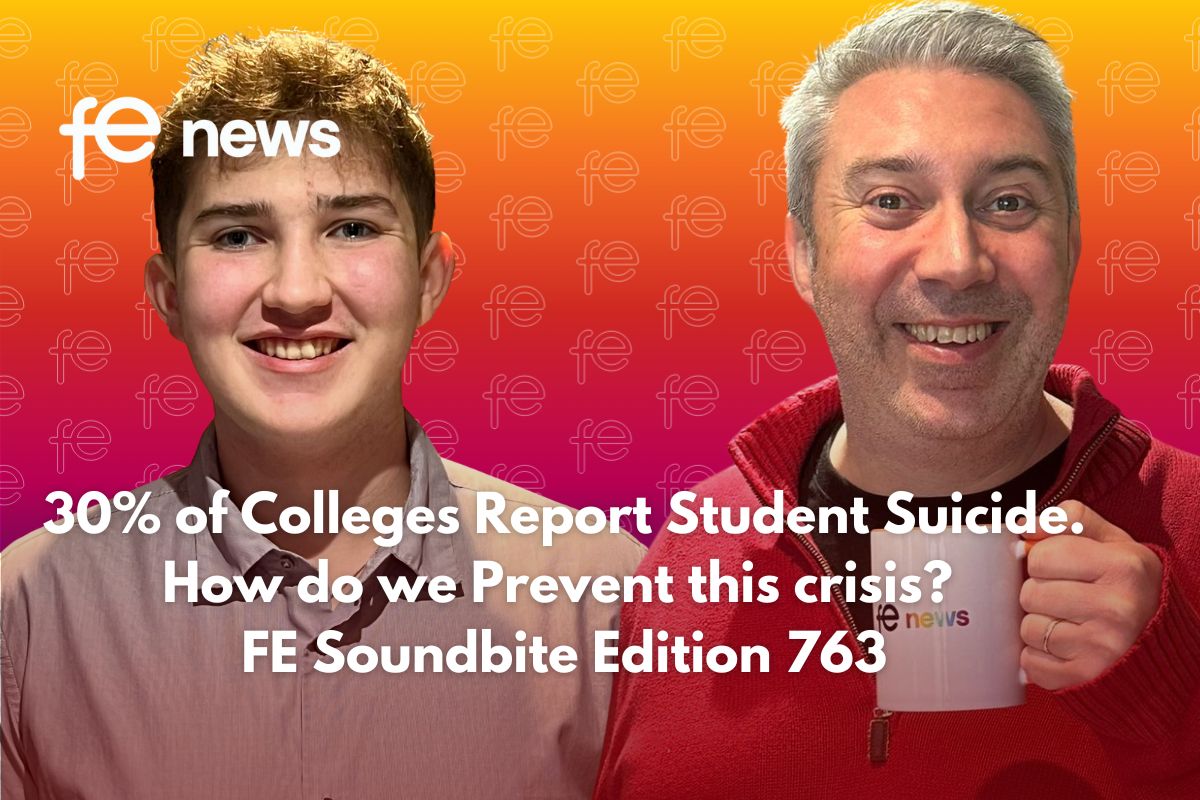





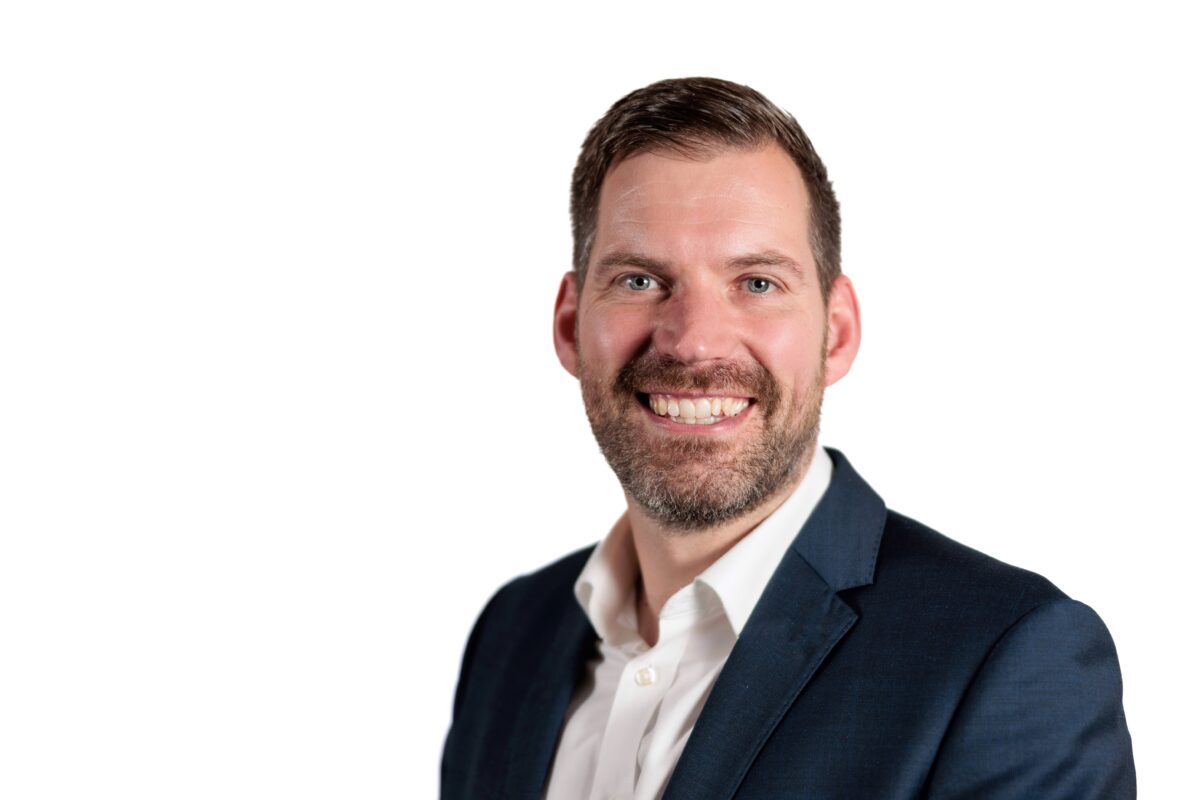
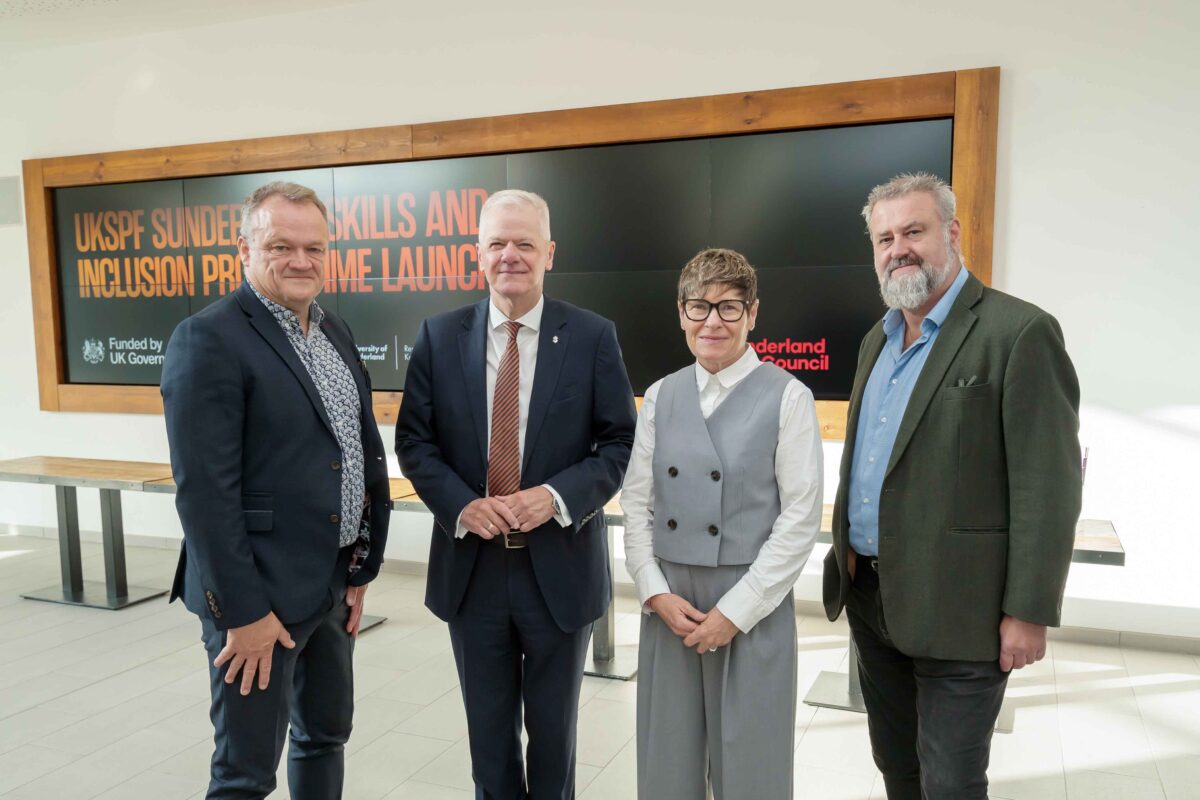

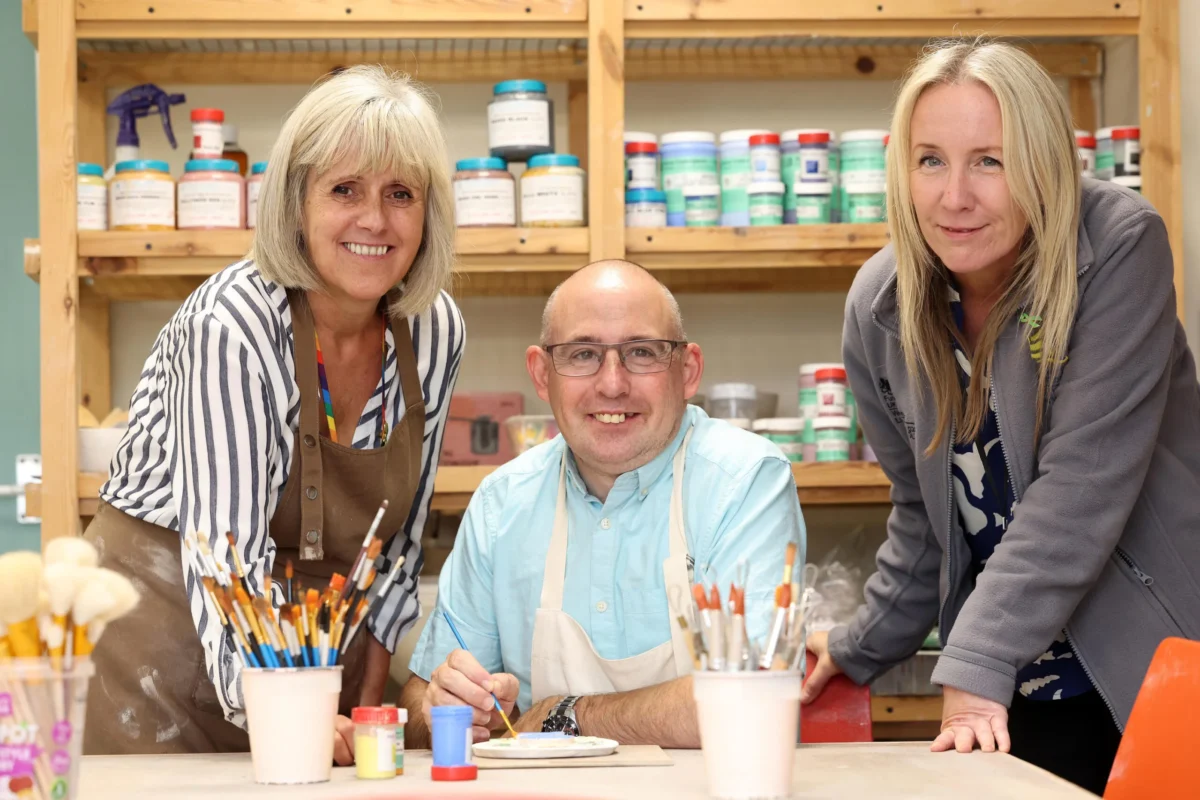
Responses